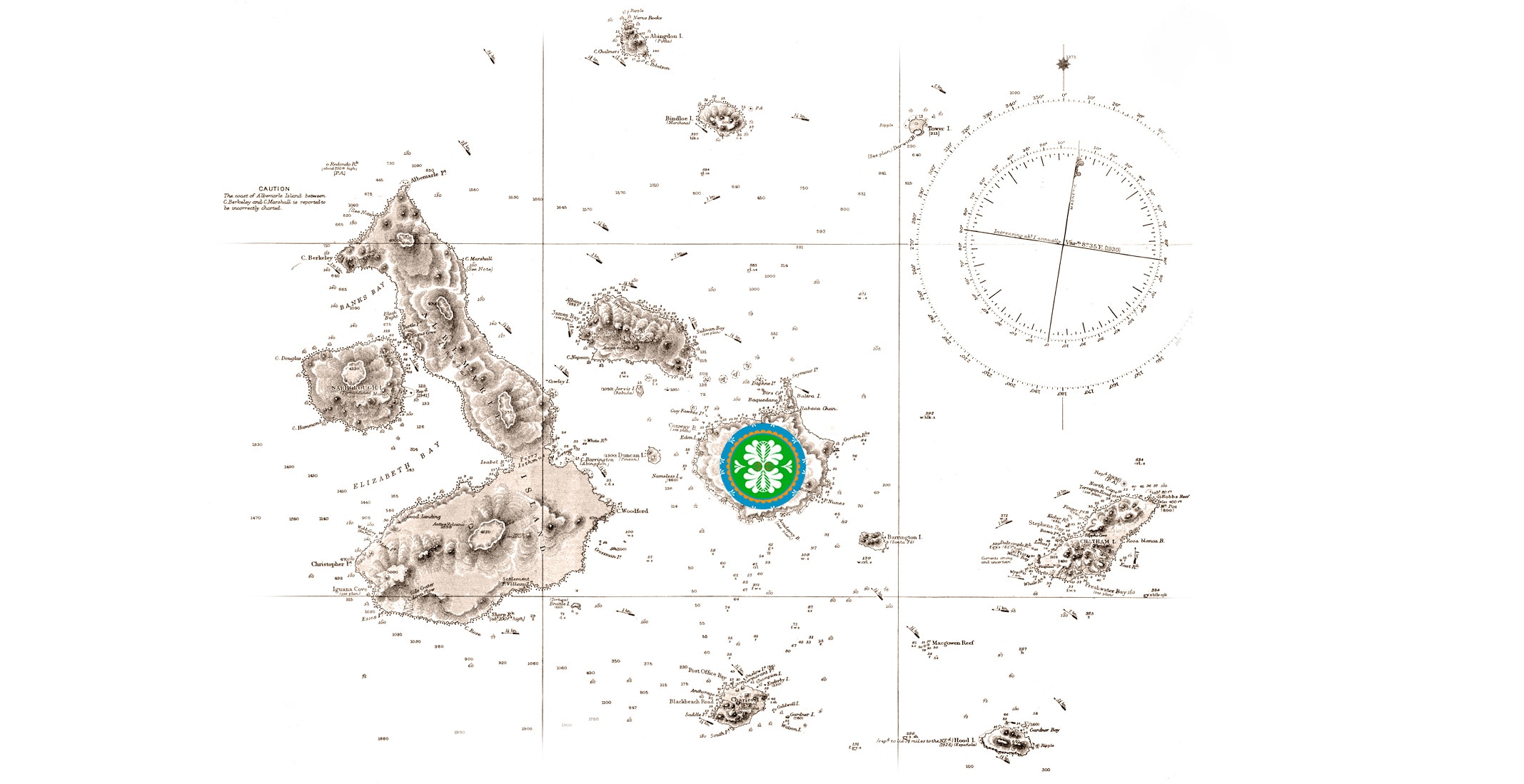KPMG International today announced an alliance with Google to help organizations transform their business and operating models with secure cloud computing, machine learning (ML), enterprise mobility and advanced analytics technologies.
As part of the collaboration, KPMG is creating a portfolio of industry solutions built on Google Cloud Platform (GCP). KPMG member firms around the globe are currently engaging with clients on solutions for financial services, insurance, healthcare, manufacturing, and retail, among other industries. These solutions, including customer service solutions, contract management, cyber security, regulatory compliance and business and process performance, will benefit from GCP's trusted security, advanced data analytics and ML.
Two KPMG solutions available now are KPMG Intelligent Interactions for creating a differentiated customer experience, and the General Data Protection Regulation (GDPR) Assessment and Compliance solutions for managing customer data and privacy.
"Organizations are seeing advanced technologies and natural language experiences as a key to transforming their businesses," says Miriam Hernandez-Kakol, KPMG's Global Leader for Customer & Operations and Executive Sponsor for the Google Alliance. "KPMG is creating data-driven solutions that harness Google Cloud technology, including machine learning, to help our member firm clients advance business strategies and deliver unrivaled digital experiences."
"Our alliance with KPMG helps customers across industries benefit from the advantages of Google Cloud, including our advanced security, data analytics and machine learning capabilities, to solve real business challenges," says Tariq Shaukat, President, Partners and Industry Platforms, Google Cloud. "We're working alongside KPMG to develop new solutions that help enable customers to actively participate in the ideation and creation of their own solutions."
KPMG's business acumen, industry knowledge, and business process consulting help member firm clients understand how to integrate ML technology. Combining this experience with Google Cloud's pre-trained ML models, made accessible via application programming interfaces (APIs), streamlines new product development, where clients do not need to build and train their own models. KPMG also provides ML models that can be quickly customized using Google Cloud Machine Learning Engine.
The alliance allows member firm clients to take advantage of GCP-based solutions as part of the KPMG Ignite portfolio of AI capabilities, KPMG's Center of Excellence for Data & Analytics and Intelligent Automation, and KPMG's 65 Google Cloud certified consultants. The center has established a KPMG GCP 'lab' to foster experimentation and collaboration with Google Cloud on client use cases.
KPMG Intelligent Interactions
One of the first available solution offerings under the alliance is KPMG's Intelligent Interactions, part of KPMG's Connected Enterprise portfolio. The solution automates and enhances customer interactions by using ML technology, including Google Cloud Speech-to-Text and Translate APIs, to determine sentiment and intent.
KPMG Intelligent Interactions links with other intelligent automation (IA) technologies, such as robotic process automation (RPA), to help clients automate customer responses and redesign business processes. For example, voice automation—with capabilities to understand, translate, and identify sentiment and intent—can augment interactions with customers. Virtual assistants — built with Google Cloud ML language capabilities, including DialogFlow, Speech APIs, and Translate APIs—can anticipate customer needs based on predefined triggers.
GDPR Assessment and Compliance solutions
To help member firm clients build and execute a new vision for customer data management beyond compliance, KPMG teams offer purpose-built solutions that assist clients with the challenges of GDPR compliance while helping lay the foundation for a strong data management and privacy strategy.
The solutions combine KPMG's domain, regulation, customer analytics, enterprise data strategy and compliance knowledge with Google's ML-based cloud technology, data management and advanced analytics products to deliver a sustainable platform with single customer views, legal and compliance support, end-to-end modelling platforms, cloud data warehousing and a secure data infrastructure. The solutions help reduce the costs associated with ongoing compliance, streamline compliance efforts, enable data-driven customer service improvements and support analytics-powered processing.









